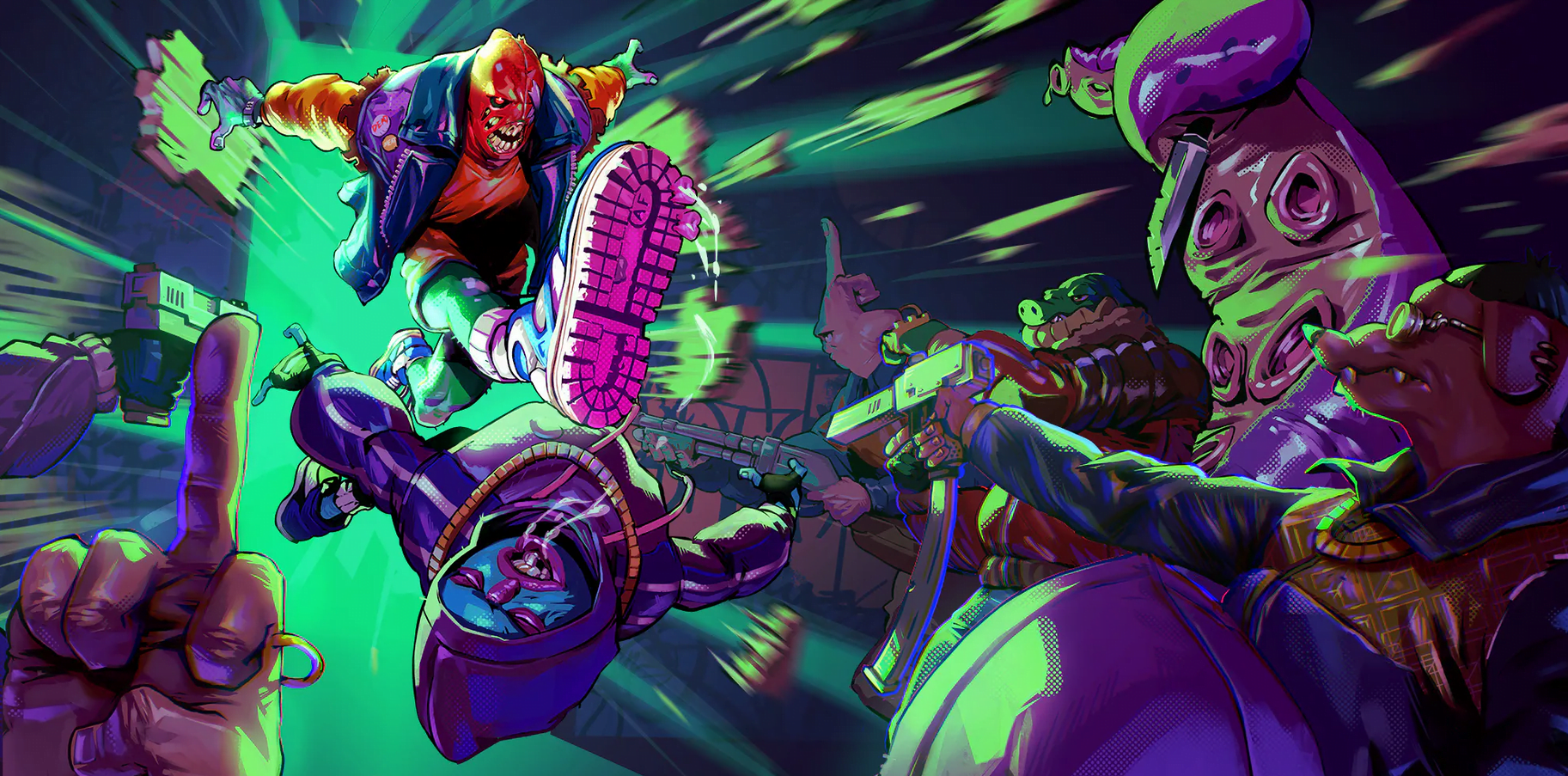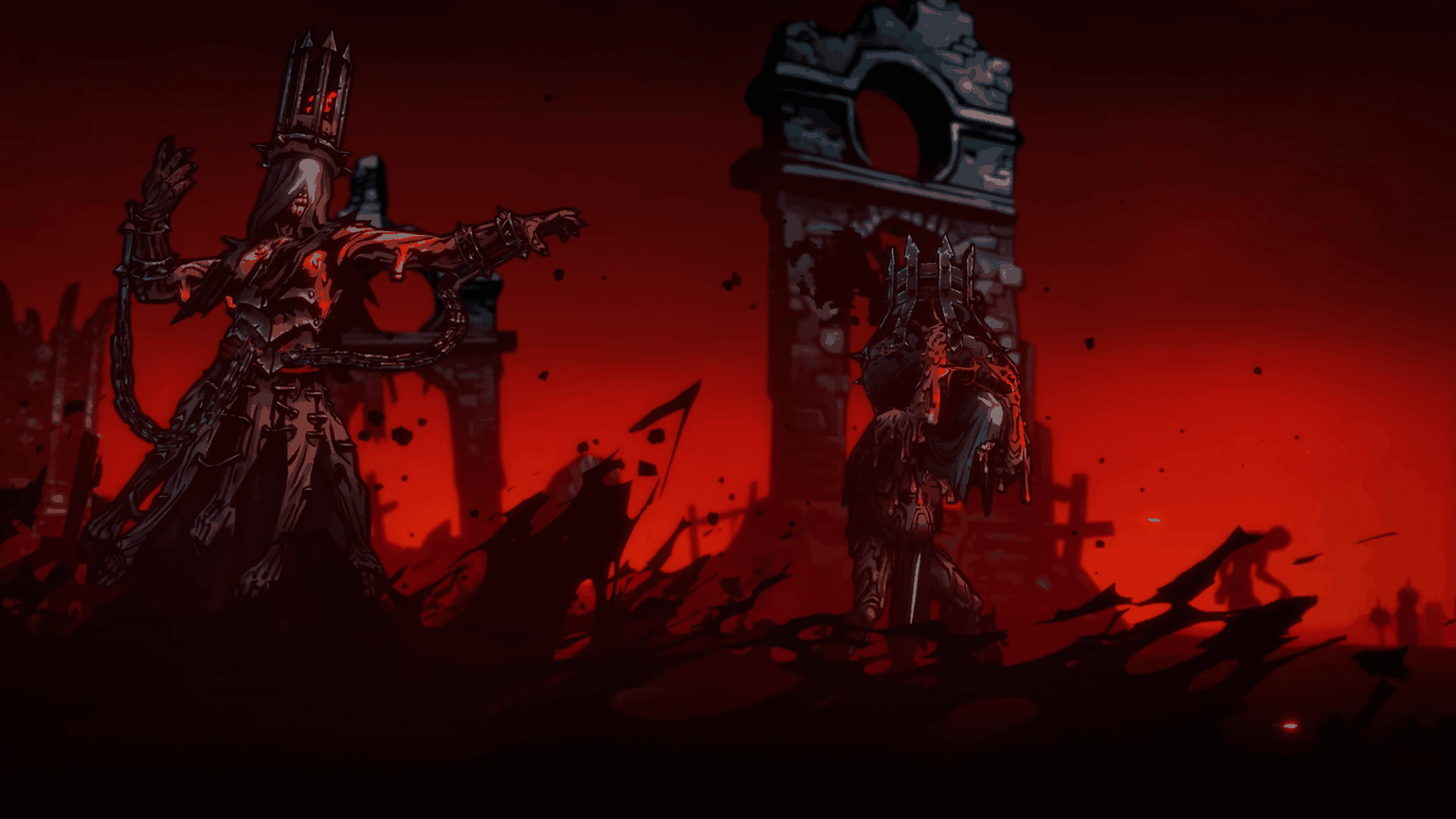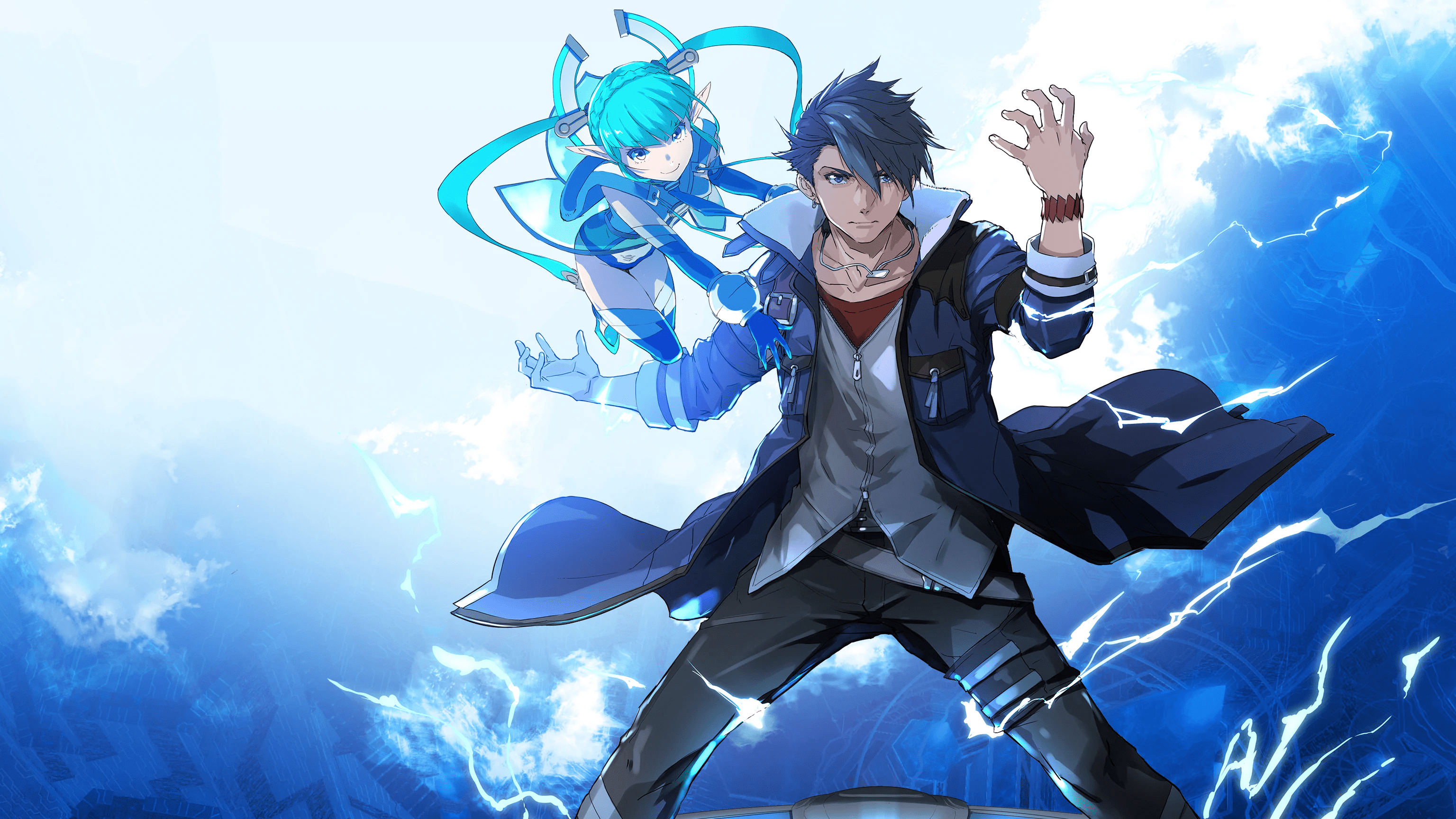Very few games can push you to the brink of frustration and instantly reward you with oozing charm and personality as much as Guacamelee, a new lucha libre styled brawler set in a fantasy land based on Mexican folklore and internet memes.
Juan, a recently deceased farmer who was turned into supernatural luchador is given quest to rid the land of a satanic bull fighter. Along the way, he acquires new fighting powers that are used to make further progress and allow him to explore the furthest reaches of the map. That familiarity with some traditional videogame franchises only goes so far, though. Guacamelee throws in its unique flavor into the mix by making brilliant use of brawling and combo fighting in between extremely difficult and sometimes infuriating platforming sections.
Guacamelee‘s fighting system is easy to grasp. Face buttons correspond to punching, grappling and special powers. Enemies can be dodged and countered, as well as juggled into the air, at which point combos come into play. Thankfully, these combination of moves are smartly implemented and are very easy to pull off, due to how much of a leeway is given for moves, and how long you can keep a foe in the air.

The aforementioned platforming bits quickly turn into Guacamelee‘s most frustrating sections the further you get into the game and the more powers you acquire. Practically every map in the game comes with two versions, a dead world and the live world. From the midpoint of Guacamelee onward, you’re given the power to switch worlds on the fly, which comes into play frequently during platforming by revealing or hiding obstacles as you vertically climb or horizontally cross stages. Switching dimensions is easy, unfortunately, the slight pause in the transition from world to world can throw you off in moments that require lots of precision, forcing you to retry over and over.
Local drop in/drop out co-op play for up to two players simultaneously is available from the get go. It works really well during fighting sections and not so well during platforming sequences, in which Guacamelee makes use of the same “bubble” system found in New Super Mario Wii, which has players that fall behind be rescued and fished up towards the top of the screen inside a bubble.
Luckily for Guacamelee, its personality and quick gameplay pace easily outweigh its few issues. That’s mostly because of its rate of progress and how it delivers new special abilities, as well as wow and push you towards getting better at fighting and having fun exploring maps and discovering hidden rewards, as well as getting to see some funny references to nostalgic videogames. That and some internet in jokes that might just fly (like a goat!) over many heads.
Guacamelee is gorgeously colorful and brilliantly animated. Drinkbox Studios did a phenomenal job at translating the Mexican styled art to videogame form, both visually and aurally. Music tunes are energetic and memorable, even though some of them can be a little repetitive in some sections of the game that require you to stop and explore more than once.

It’s easy to overlook videogame writing when we’re constantly inundated with horrible puns and bad comedy, so it’s worth mentioning that Guacamelee‘s dialogue is witty and funny. On the other hand, its story isn’t very memorable. The writing shines through during most of the NPC chatter, especially during sidequests, which reward you with upgrade tokens and collectibles, as well as Playstation 3 and VITA trophies. These parallel missions are few and far between, and unfortunately don’t take very long to finish, but are worth doing if not only for the funnier jokes in the dialogue.
Much like some recently released PSN titles, Guacamelee is fully cross compatible between Playstation 3 and VITA, with a single game purchase. Obviously, the Playstation 3 version is the best looking of the two, but it’s nice to have the option of playing the game on the go with no added cost. Sony is also to be commended for a top notch localization job, which is something absurdly rare, even in triple-A games.
Although its platforming can easily become frustrating for the less patient of players, there’s plenty else to love about Guacamelee. Not only does it make some great use of a very underused art style and visual aesthetic, it does so with oozes of charm and humor, as well as veneration, something that’s rare not only in videogames but entertainment in general. Guacamelee is very much worthy of your time and hard earned pesos, through and through.





